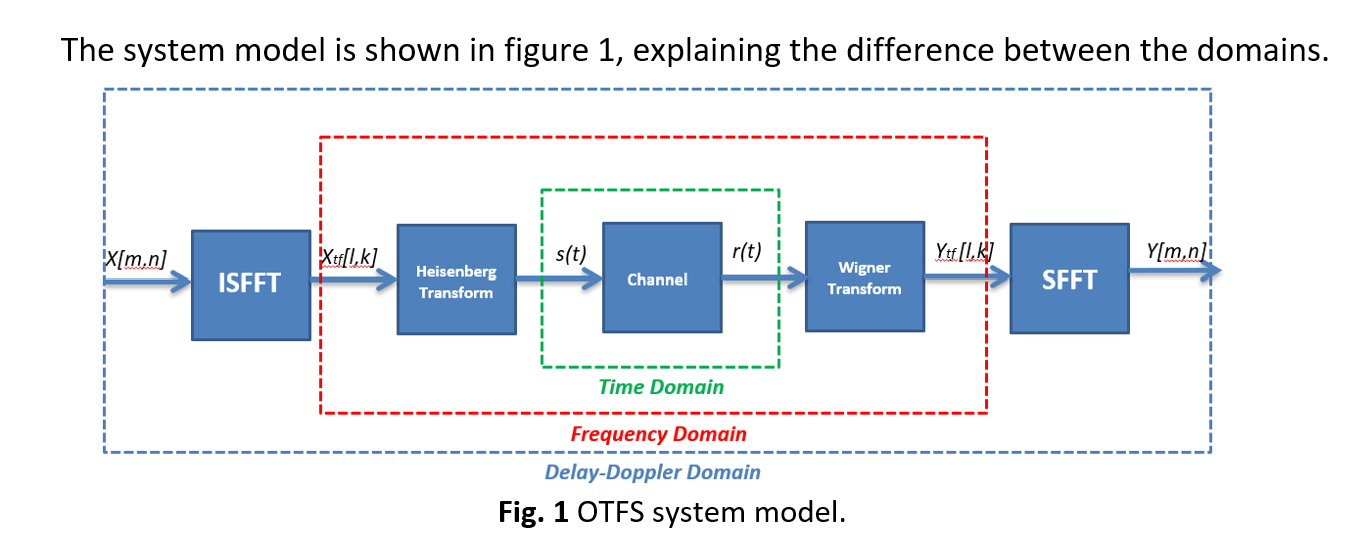Novel Orthogonal Time Frequency Space Based on Universal Filter Multi Carrier for 6G Wireless Networks
DOI:
https://doi.org/10.37934/araset.44.1.239248Keywords:
OTFS, UFMC, FBMC, OFDMAbstract
Obtaining an efficient multicarrier signalling technique is an essential part in signal processing of the (6G) wireless networks. In order to achieve their intended objectives, the 6G mobile networks needs the utilization of a multicarrier scheme that possesses the ability to withstand multipath fading and inter-symbol interference (ISI), as well as exhibit resilience against inter-carrier interference (ICI) and Doppler spread. In recent research, several filter-based methods have been suggested, including Filter Bank Multicarrier (FBMC), as well as various Orthogonal Frequency Division Multiplexing (OFDM) based techniques such as Universal Filtered Multicarrier (UFMC). Orthogonal Time-Frequency Space (OTFS) technique has been identified as a promising candidate waveform for 6G, particularly in high-mobility scenarios, where it has demonstrated superior performance compared to traditional OFDM-based techniques. The OTFS method offers an advantage in that it can be considered the pre-and post-processing stages for techniques based on OFDM. This papaer presents the design (OTFS) using (UFMC) technique. Additionally, a novel structure is proposed for coded/uncoded UFMC-based OTFS technique, which combines the advantages of both strategies while mitigating their limitations. The results of our analysis demonstrate that the UFMC-based OTFS system exhibits superior performance in terms of error probability and time-spectral efficiency compared to the OFDM-based OTFS system.
Downloads




























